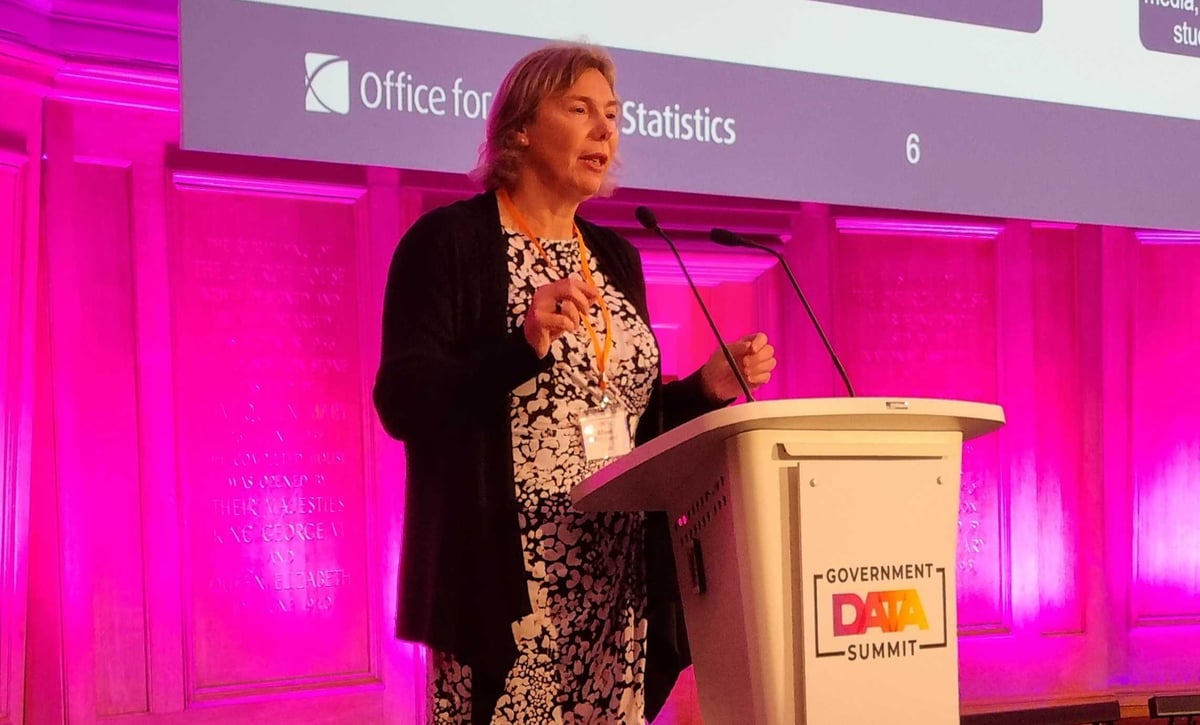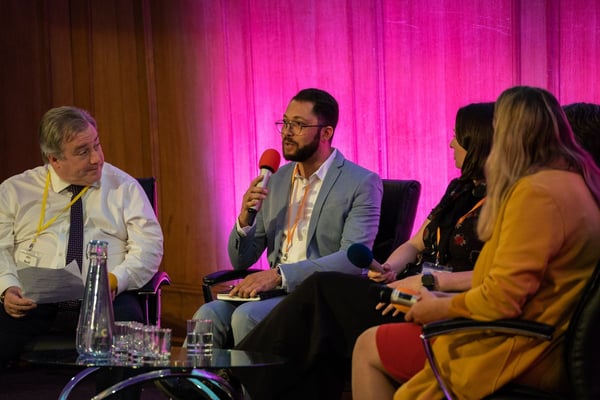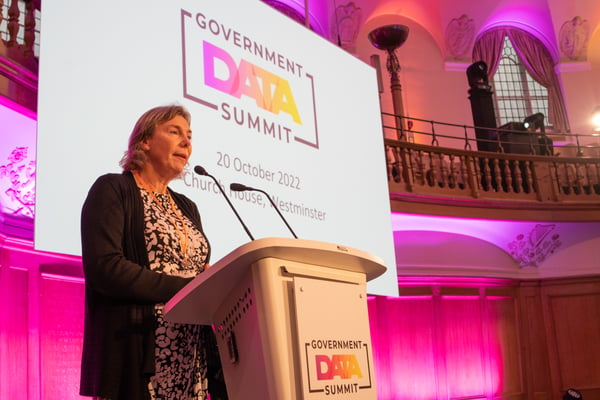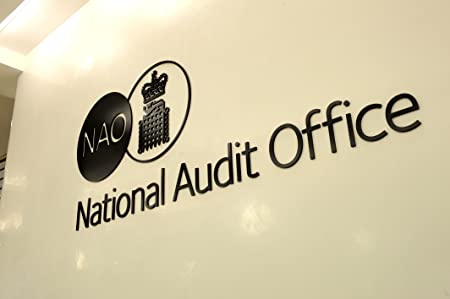Government Data Summit: Earn trust with data before you use it, says Director General
Against the backdrop of interesting events in Downing Street, Civil Service leaders came together to focus on how they enable smarter, fairer decision-making at the Government Data Summit, a one-day event for senior central government data professionals from the UK and overseas.
Senior data leaders from across Whitehall engaged with their international counterparts from US, Canada, Germany and Poland for the 3rd annual conference, bringing together over 120 attendees in spite of distractions up the road.
Trust: Never to be taken for granted
In the first keynote speech of the morning, Alison Pritchard, Deputy National Statistician and Director General Data Capability at the Office for National Statistics (ONS), spoke about the public sector’s need to earn and sustain citizen trust in data sharing and access.
“We need to convince the public that the way we use data is in their interest and not our own,” she said.
A recent study by independent social research organisation NatCen shows that in 2021 87% of people in the UK trusted ONS statistics - a six percent point increase since 2014. 90% of respondents agree that personal information provided to the ONS would be kept confidential, and 74% believe that statistics are produced free from interference.
Almost all of those surveyed (96%) agree with the need for an independent body, such as the UK Statistics Authority, to oversee the production and use of statistics.
Despite the encouraging figures, Pritchard warned that public trust in government data is fragile and that negative attitudes towards data risk hinder critical delivery and success. “This is a reminder that we need to earn trust to use data and the way we use it,” she added.
A key initiative adopted by the ONS to build public trust in how government uses data is continuous engagement with citizens and actively seeking dialogue and building understanding with the public. The ONS is achieving this through local outreach, media and social campaigns, events, and promoting case studies.
The ONS is also committed to transparency, something it has embedded in its policy and operations, and is actively listening to citizens to understand their motivations. In addition to this, Pritchard said that specific bodies, such as the Expert Advisory Group, ONS Assembly and focus groups and consultations, are helping to bring people’s voices into the ONS’s decisions and service..jpg?width=1000&height=667&name=DSC03410-min%20(1).jpg)
Unlocking opportunities through data-enabled technologies
In between discussion roundtables, where delegates and speakers had the opportunity to talk amongst themselves on a series of topics under the Chatham House rule, a panel of experts took to the stage to discuss the topic ‘data as an agent of transformation’.
Mark Azzam, Chief Data Officer and the Ministry for the Environment, Nature Conservation, Nuclear Safety and Consumer Protection at the Government of Germany, spoke about the potential of digital twins for positive change and addressing some of the most pressing challenges for governments today: “You can answer many different problems with a single framework.”
In the UK, Lien Bailey, Chief Data Officer at the Intellectual Property Office, shared how her team is using AI in a self-service tool that helps individuals and businesses check if anyone already has a trade mark similar to the one they want to register, saving the IPO time and resources: “For us, transformation is adding value, not adding more admin, and data is essential to that mission,” Bailey told delegates.
Reflecting on the morning sessions, David Wilde, GM for Government at Government Transformation magazine and panel moderator, said that a common thread he observed from delegates and speakers during the morning sessions was the importance of getting governance right, a critical element for data sharing.
“We need to find out how to reconcile the tension between data sharing and governance, bring them together and make government move forward,” Wilde said.
Roundtable photo credit: Tom Griffiths.





